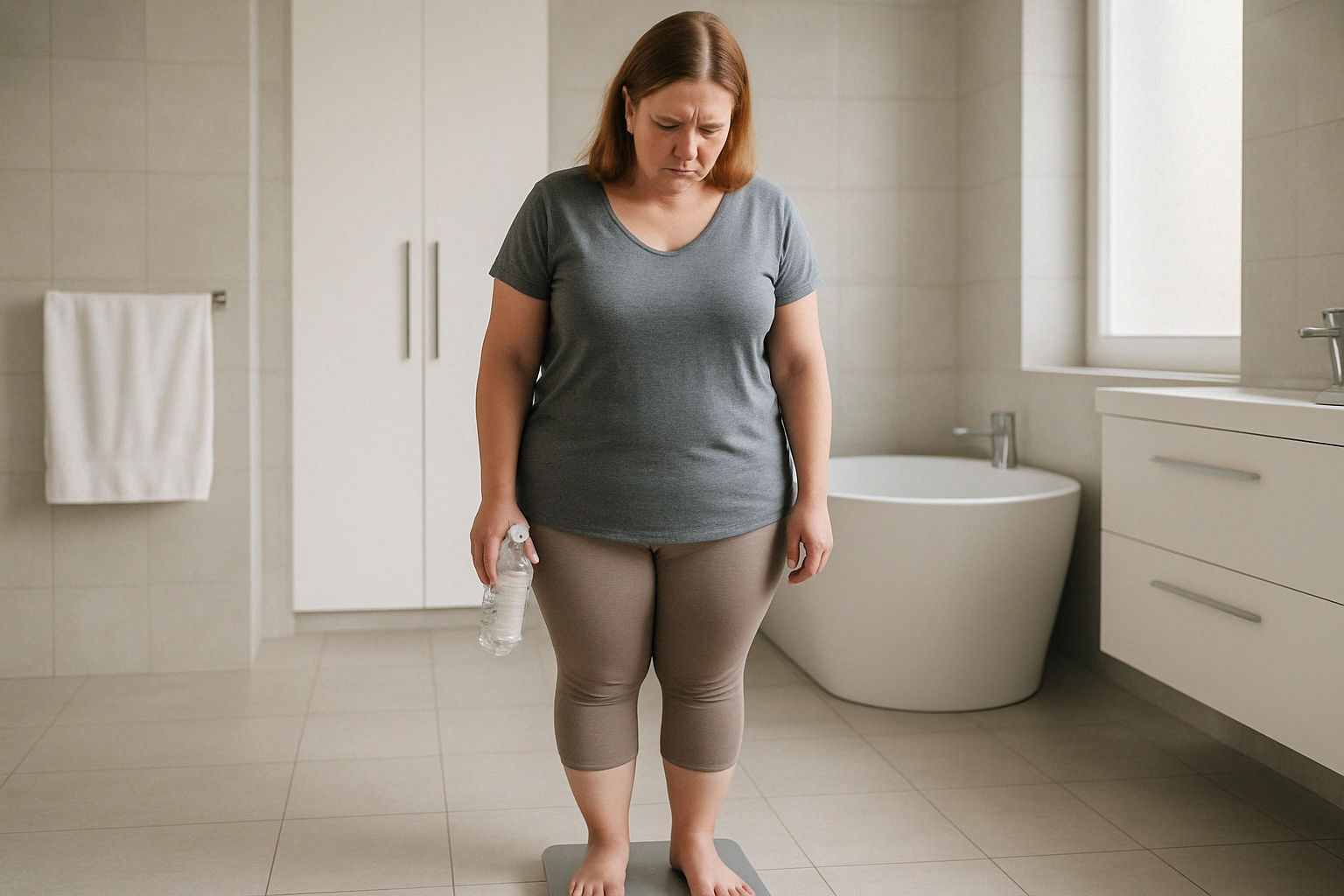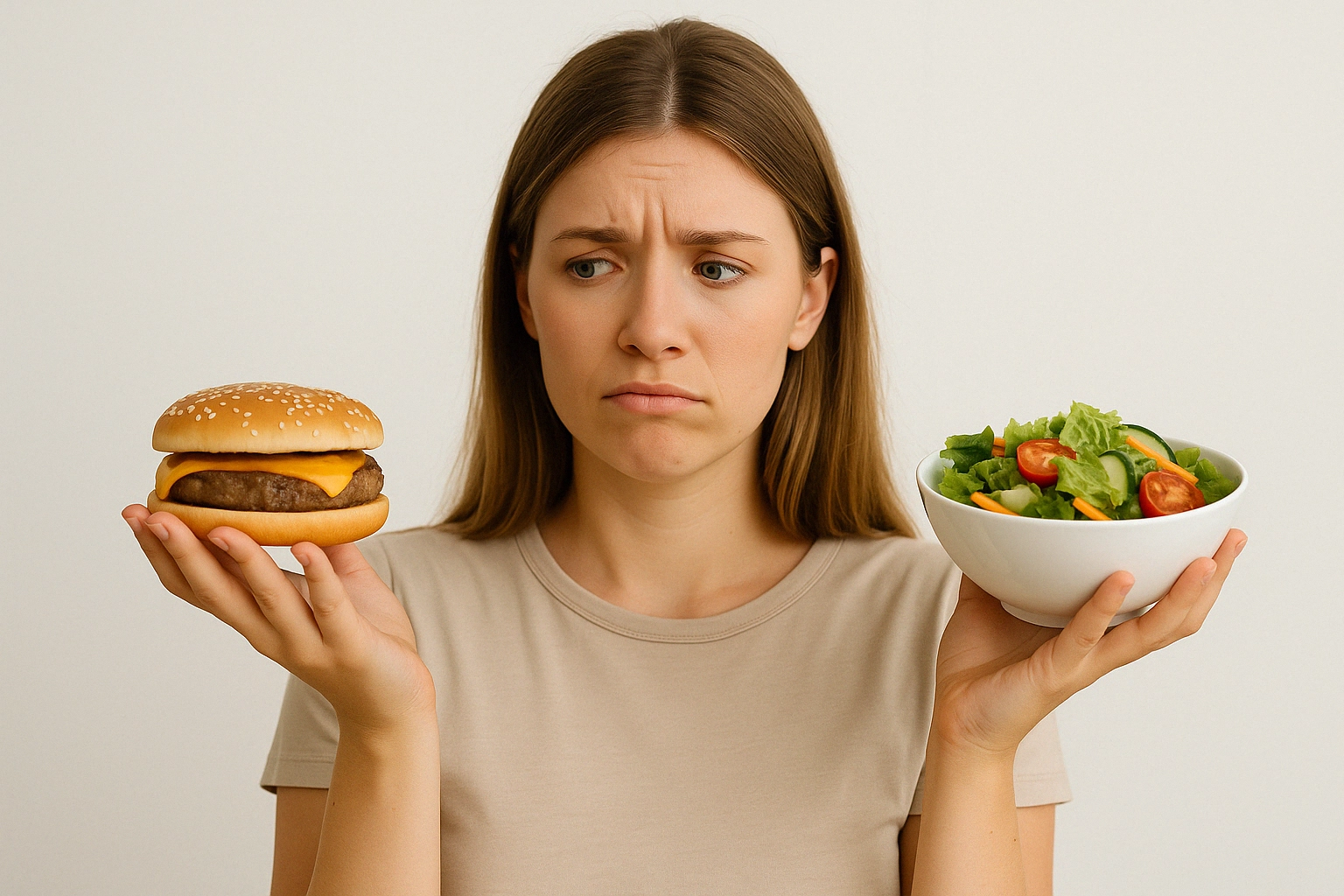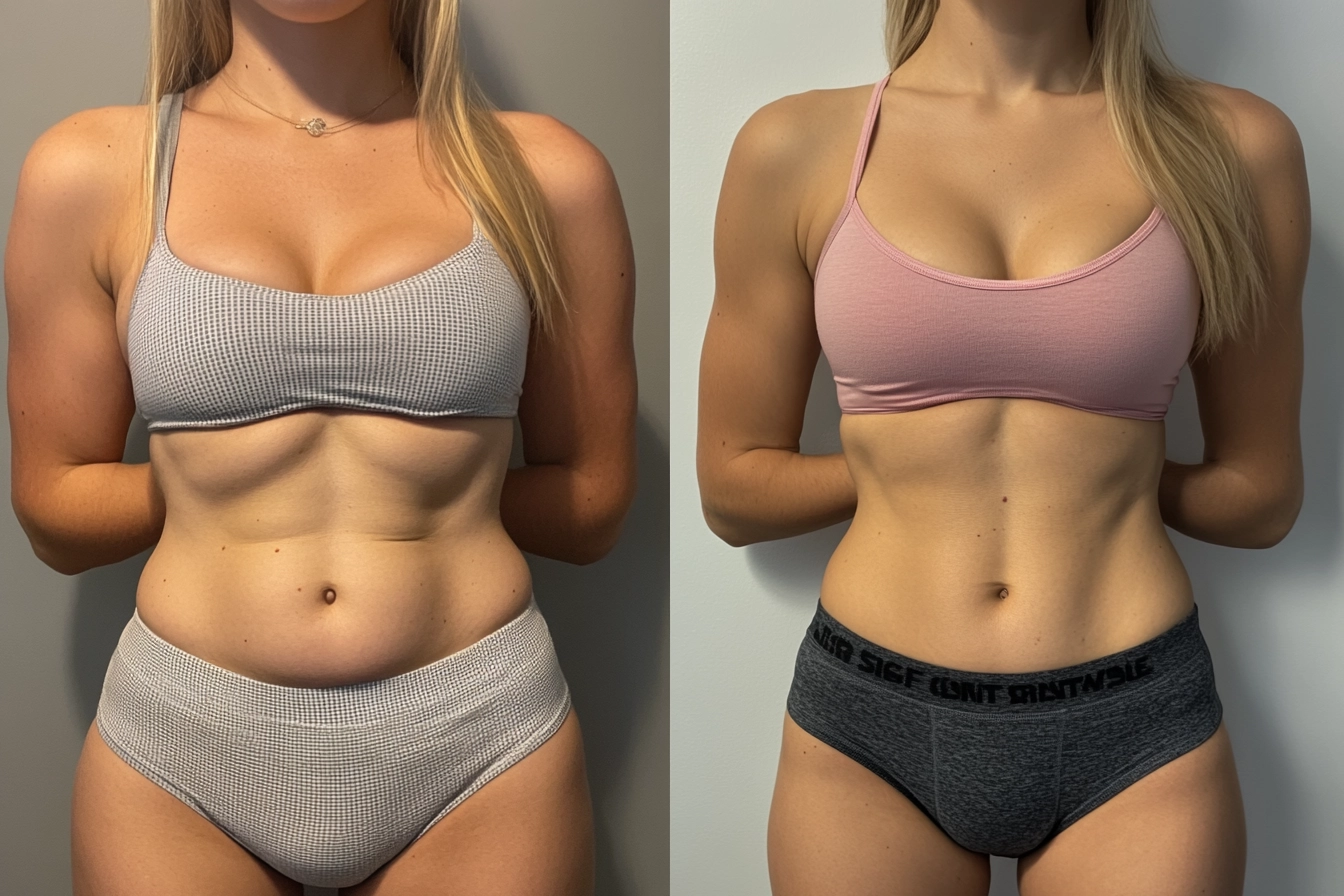The Surprising Benefits of Intermittent Fasting for Weight Loss and Health
Why Intermittent Fasting is Effective for Weight Loss
So here’s the deal — there’s something that pretty much everyone can do. It doesn’t cost a thing, and it might just bring the biggest shift in your health. We’re talking real fat loss, metabolism fixing kind of stuff. Ever heard of the “set point”? That stubborn weight your body clings to no matter what? Yeah — this thing resets that.
Cognitive Benefits of Intermittent Fasting
This isn’t just about the number on the scale. We’re talking about helping your brain grow new cells, repairing damage, and dialing up your mood and focus. The changes happening inside your mitochondria? Super close to what exercise does. But without the sweat.
Introducing Intermittent Fasting as the Solution
If you guessed fasting, ding ding! You’re right. And before you roll your eyes, hear this — it’s not about starving yourself. It’s just about timing when you eat. That’s it. And once you get the hang of it, your medical bills? They could drop like a rock.

Understanding the Science Behind Intermittent Fasting and Weight Loss
The Role of Insulin in Intermittent Fasting
Around 80% of all health issues? They’ve got ties to one thing: insulin resistance. Basically, too much insulin floating around messes everything up. Fasting gets that under control. No pills. No crazy protocols. Just giving your body breaks from eating.
Activating Healing Genes Through Fasting
Your body’s already loaded with the tools to heal itself. But they’re like switches that need flipping. What flips them? Turns out — not eating. Wild, right? Going without food for a while kicks those survival-mode genes into gear. Your body burns fat, produces ketones, and that kicks off a whole new energy system.
The Timeline of Fasting Benefits
There’s a transition window, usually around 72 hours, where your body fully shifts to ketones. After that? Things get interesting.
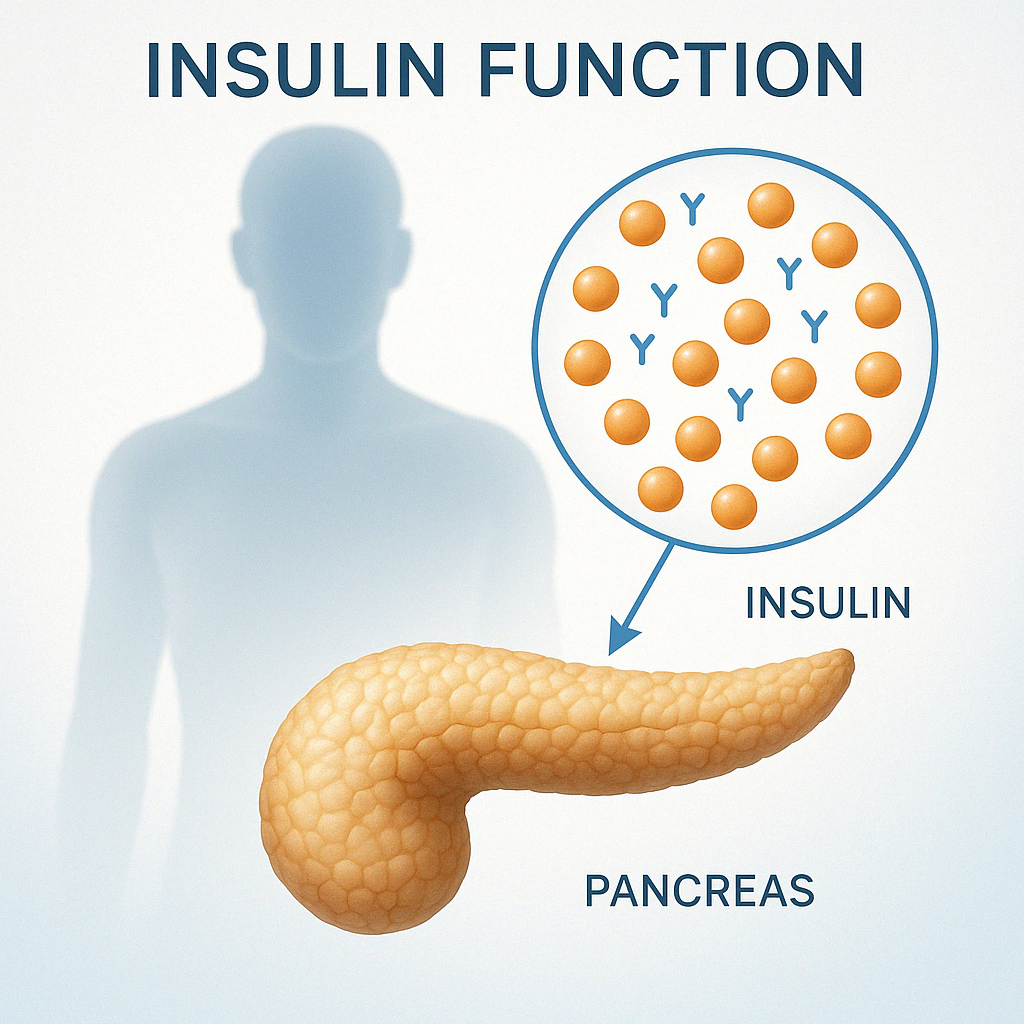
Intermittent Fasting for Women: What You Need to Know
The female cycle matters
Now if you’re wondering, “Should women fast the same way as men?” — not exactly. There’s a cool book on this called Fast Like a Girl. Here’s the gist:
- From day 1 to 10 of your cycle — go hard with fasting. Your hormones are stacked, and it’s the best time to shed weight.
- But around day 20 through the end of your cycle? Nope. Too much stress already. Lay off fasting. Let your body do its thing.
- Then the cycle restarts, and you’re back to fasting again.
Three meals a day? Still fine
This doesn’t mean go wild with snacking. Just stick to 3 solid meals — you’re golden.

How Intermittent Fasting Affects Hormones and Brain Health
Hormone building blocks come from… cholesterol
Yep, all those hormones you rely on? Built from cholesterol. So ditch the fear. Egg yolks, shrimp, liver, fatty cheese — they’ve got what your body’s craving.
Low progesterone = brain risk
One hormone you don’t want to tank is progesterone. It’s a serious brain protector. If your stress is high, your adrenals might hijack the materials needed to make it. That’s why managing stress is huge.
Magnesium + Zinc: The missing co-stars
You’d be shocked how many people are low on magnesium. And blood tests? Not gonna show it. You need magnesium glycinate — like 400mg at night. Zinc’s also key — aim for 50mg, or just eat some oysters.
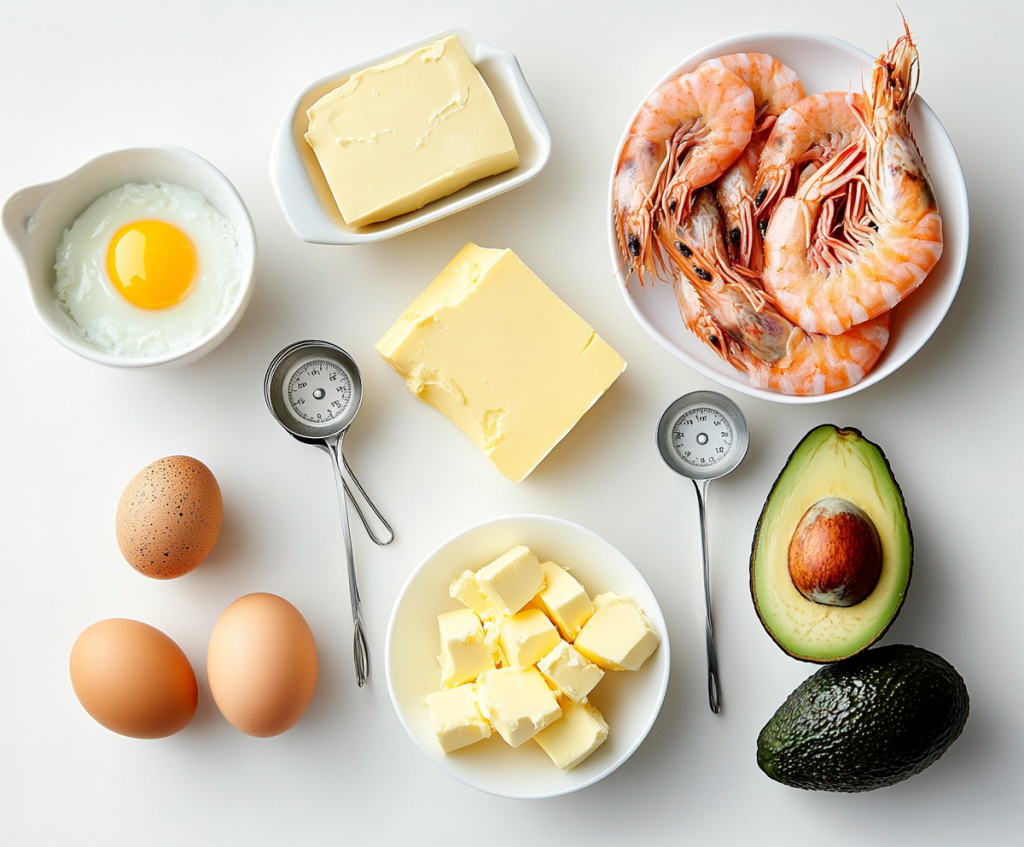
Practical Tips for Successful Intermittent Fasting
Don’t eat if you’re not hungry
Ride it out. If you’re not feeling the hunger, push a little longer. Going 36–72 hours? You’ll activate stem cells that help rebuild your immune system. That’s next-level.
But don’t push through misery
If fasting makes you feel wrecked — eat. Simple as that. Let your body be the guide.
Managing Side Effects of Intermittent Fasting: Stress, Sleep, and More
Low-carb and cortisol? Relax.
Some folks say fasting spikes cortisol. But that’s mostly rat studies — not real-world evidence. If anything, fasting makes you more insulin-sensitive, and that balances cortisol out.
Hair loss, missing periods? Check your diet
Fasting too much with not enough protein? Yeah, your hair and cycle might take a hit. Get quality meat — grass-fed red meat is your friend. It’s packed with amino acids, B vitamins, and trace minerals — everything your hair and hormones need.
Can’t sleep? Might be salt
Struggling to sleep during fasting? You might just need more sea salt. Most people need about a teaspoon a day.
Still tossing and turning? Try melatonin
Start with 5mg. Work your way to 10mg if needed. Just before bed.

Exploring Dry Fasting: Benefits and Considerations
No food, no water. Yep, you read that right.
It sounds extreme, but there’s science behind it. Dry fasting triggers special genes related to hydration and fat-burning. One cool fact? Burning fat actually makes water — over a pound of fat can turn into more than a pound of water with oxygen. Bizarre but true.
More benefits than you’d expect
You get deeper cell cleaning (hello autophagy), stronger brain antioxidants, and more liver detox. Just don’t overdo it. It’s not about dehydration — it’s about controlled intake.
My Intermittent Fasting Routine: What Works for Me
Used to be: skip breakfast
I’d eat a late lunch around 2–3 PM, then dinner.
Now: breakfast is back
These days, I eat around 9:30–11 AM, then lunch at 1–2 PM. That’s it. Why? I need the energy earlier, not before bed.
Essential Tips for Starting Intermittent Fasting
Know what your body’s telling you
Fasting isn’t about pushing through suffering. It’s about syncing with your body’s rhythm and fueling it with the right stuff when it matters.
Want to know what to eat next?
Check out this post I’ve written about the best foods to break a fast. Trust me, it’s worth a look.



